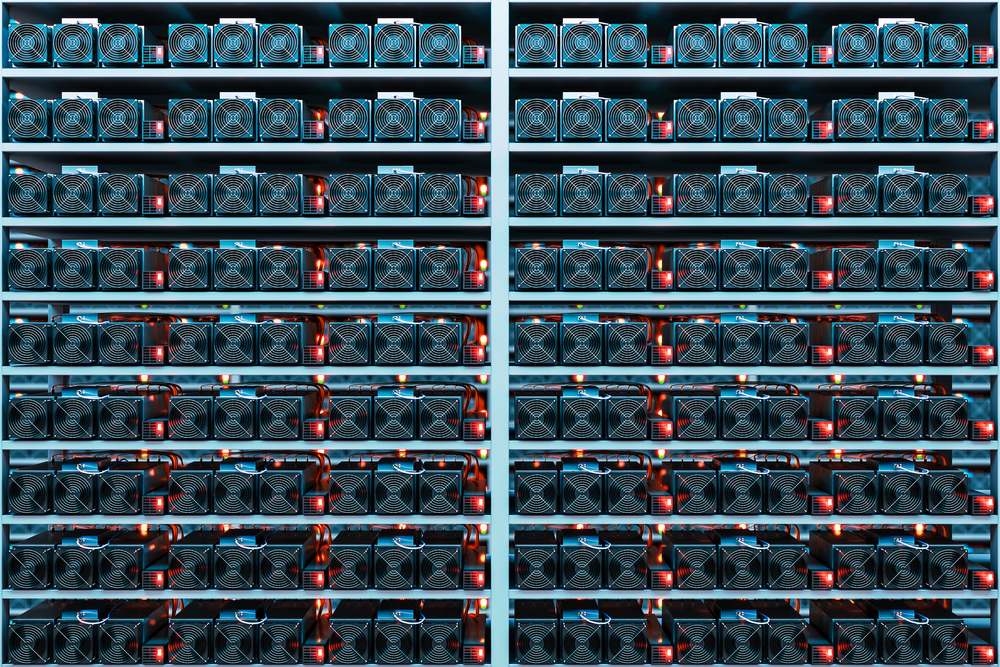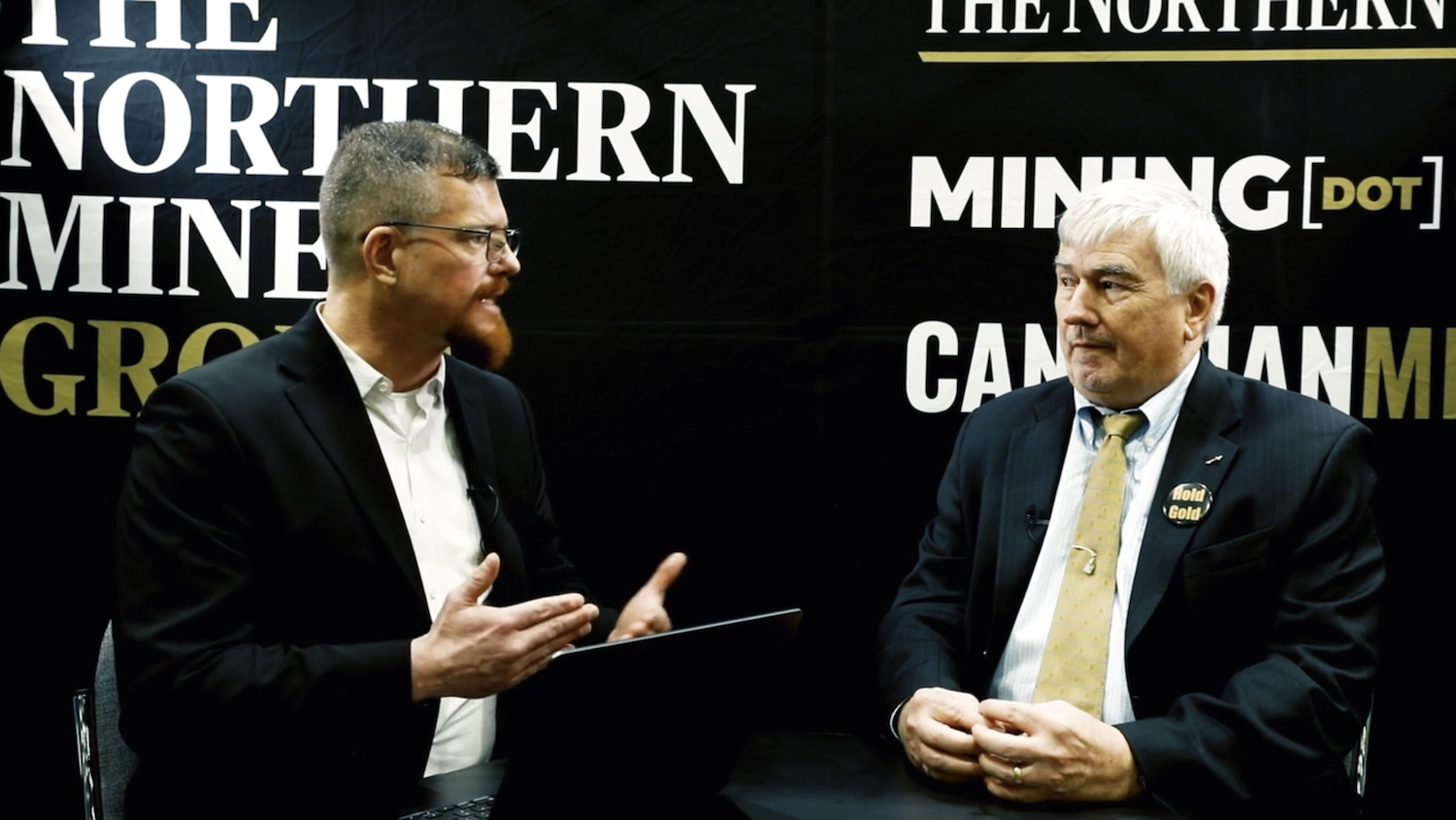Canada’s Quebec halts crypto mining projects, may raise fees

MONTREAL, June 7 (Reuters) – Canada’s Quebec province said on Thursday it has halted approvals for new digital currency mining projects to give it time to consider restrictions on their operations and raising the rates they pay for power.
The provincial government announced the move as state-owned power generator Hydro Quebec said it has asked the province to limit total power available to all digital currency miners to a block of 500 megawatts. That is about enough energy to run a single aluminum smelting plant, or a fraction of the 17,000 megawatts in capacity requested so far by miners looking to operate in Quebec.
The firm also said it asked the province’s energy board to determine quickly how much it should charge digital currency miners to help maximize the energy producer’s revenue.
Quebec’s energy ministry said it ordered Hydro Quebec to hold off on connecting new digital currency mining operations until regulators set new roles for the industry.
Quebec is seeking to restrict the industry amid a surge in applications from companies in China and other countries looking to take advantage of the region’s low power rates and the country’s political stability.
The province will establish rules that enable it to welcome “the best among the companies” from the cryptocurrency sector
The province will establish rules that enable it to welcome “the best among the companies” from the cryptocurrency sector, Quebec Energy Minister Pierre Moreau said in a statement.
Hydro-Québec Distribution President Eric Filion said in a statement that new rules are required to ensure that the digital mining industry helps expand the province’s economy and does not result in higher power rates for its residents.
Cryptocurrency operations “mine” or create digital coins by solving complex mathematical puzzles, a process that requires large amounts of energy to run lightening-fast microprocessors and air-conditioning systems to cool computers.
Regulators in China, Israel, South Korea and other countries have said they are concerned about the growth in use of cryptocurrencies, which are not backed by any central bank because of their volatility.
(Reporting by Allison Lampert in Montreal; Editing by Chizu Nomiyama and Dan Grebler)
{{ commodity.name }}
{{ post.title }}
{{ post.date }}




Comments